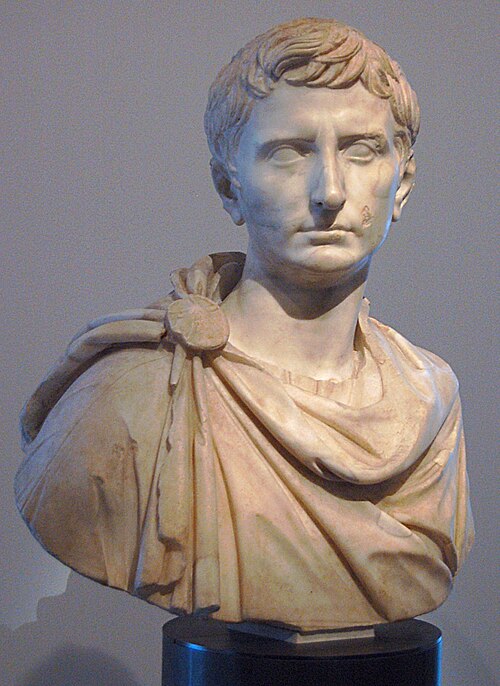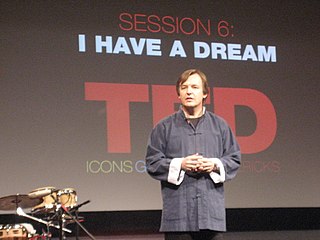[Author’s Note: This is the continuation of an essay I authored on December 25, 2025, called “An Adult Christ at Christmas,” a title I borrowed from a short treatise authored by the Catholic biblical scholar, Raymond Brown. I recommend you read that essay first (if you have not already done so) before reading this one.]
“Life is constant movement, and therefore goodness in life is not a certain state, but the direction of movement.”
Blaise Pascal, Pensées
“A text without a context is just a pretext for making it say anything one wants.”
Ben Witherington, III, Professor of New Testament Interpretation, Asbury Theological Seminary
The Parable of the Good Samaritan, as recorded by Luke the Evangelist, was delivered by Jesus during his final journey to Jerusalem. It is arguably the most well-known of Christ’s short stories. Lamentably, it is also the parable most prone to decontextualization, i.e., removing the story from its original context in order to advance an interpretation Christ never intended for the sole purpose of championing a parochial interest. This is especially true of allegorical readings of this text.[1]
Continue reading “A Samaritan and an Innkeeper”





